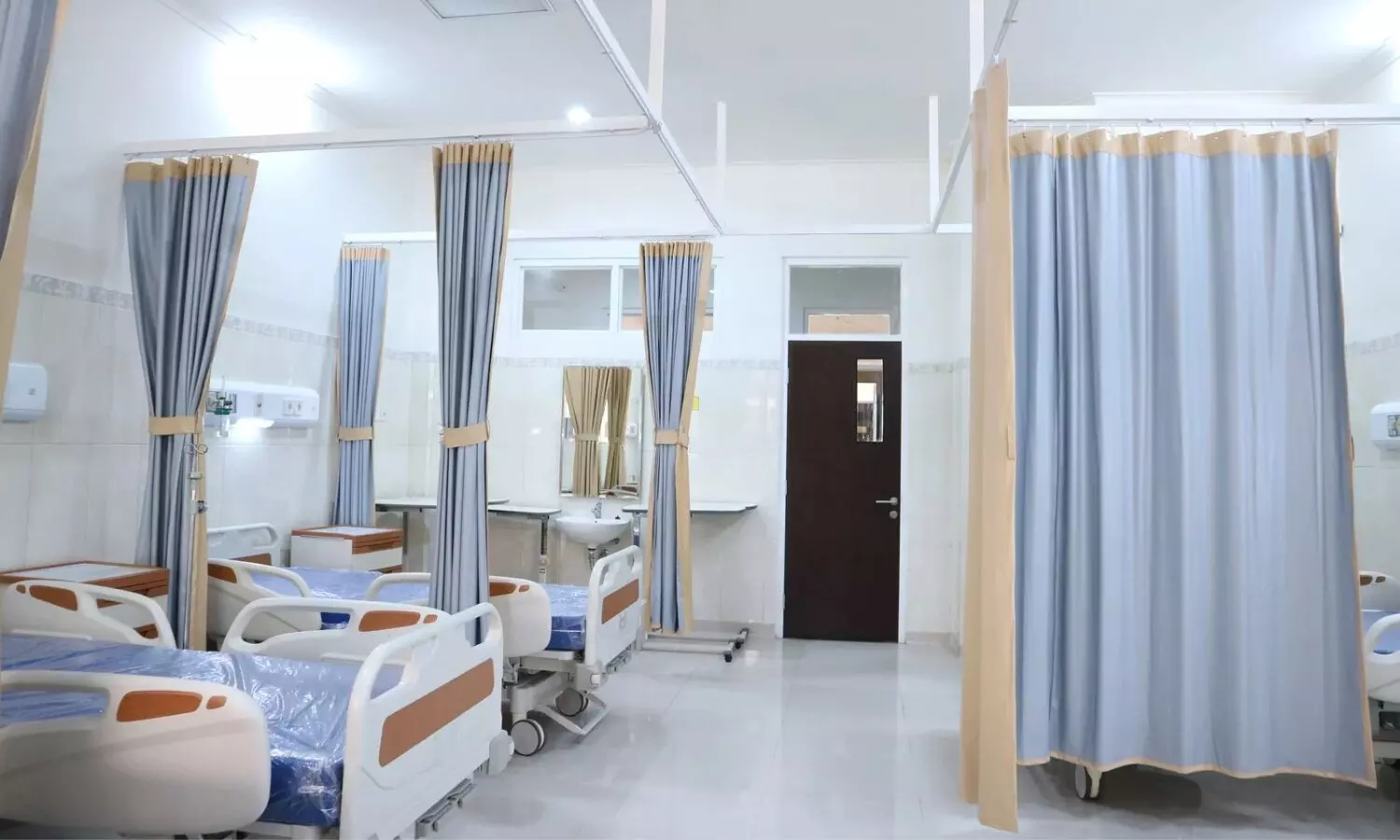
New Delhi, March 19 -- The Supreme Court has called on state governments to formulate policies to tackle the issue of excessive charges and alleged exploitation of patients in private hospitals, emphasizing that such matters are best handled at the policy level rather than through judicial directives. A bench comprising Justices Surya Kant and N Kotishwar Singh noted that imposing mandatory directions on private healthcare facilities could hinder their growth. Instead, the court underscored the importance of a balanced approach-one that protects patients from being overcharged while ensuring that private hospitals are not discouraged from operating.
"Policy decisions should be taken by those best equipped to evaluate all aspects of the issue. While it is crucial to safeguard patients and their families from unfair pricing, imposing unreasonable restrictions on private hospitals could also be counterproductive," the bench observed. The court's directive came in response to a public interest litigation (PIL) that sought to prevent hospitals from forcing patients to purchase medicines and medical supplies exclusively from in-house pharmacies, often at inflated prices. The petitioners argued that this practice amounted to financial exploitation and violated the fundamental right to health under Article 21 of the Constitution. The case stemmed from the personal experience of the petitioners, whose family member underwent cancer treatment and faced steep medication costs. They contended that the absence of effective regulations allowed private healthcare facilities to impose excessive charges.
While recognizing healthcare as an essential component of the right to life, the Supreme Court acknowledged the challenges faced by state governments in expanding public medical infrastructure. Given these limitations, the court noted that private hospitals have played a significant role in bridging the gap, with many developing into institutions of global repute. "In many instances, both the public and the government rely on private healthcare providers to deliver essential and specialized medical services," the bench remarked. The court concluded that it would not intervene by issuing binding directives but instead urged all states to take appropriate policy measures to address concerns related to hospital charges and ensure fair treatment of patients.
Published by HT Digital Content Services with permission from Millennium Post.
